The Crown Furore
The Crown has returned to Netflix for its fourth season, and has caused uproar among the British press.
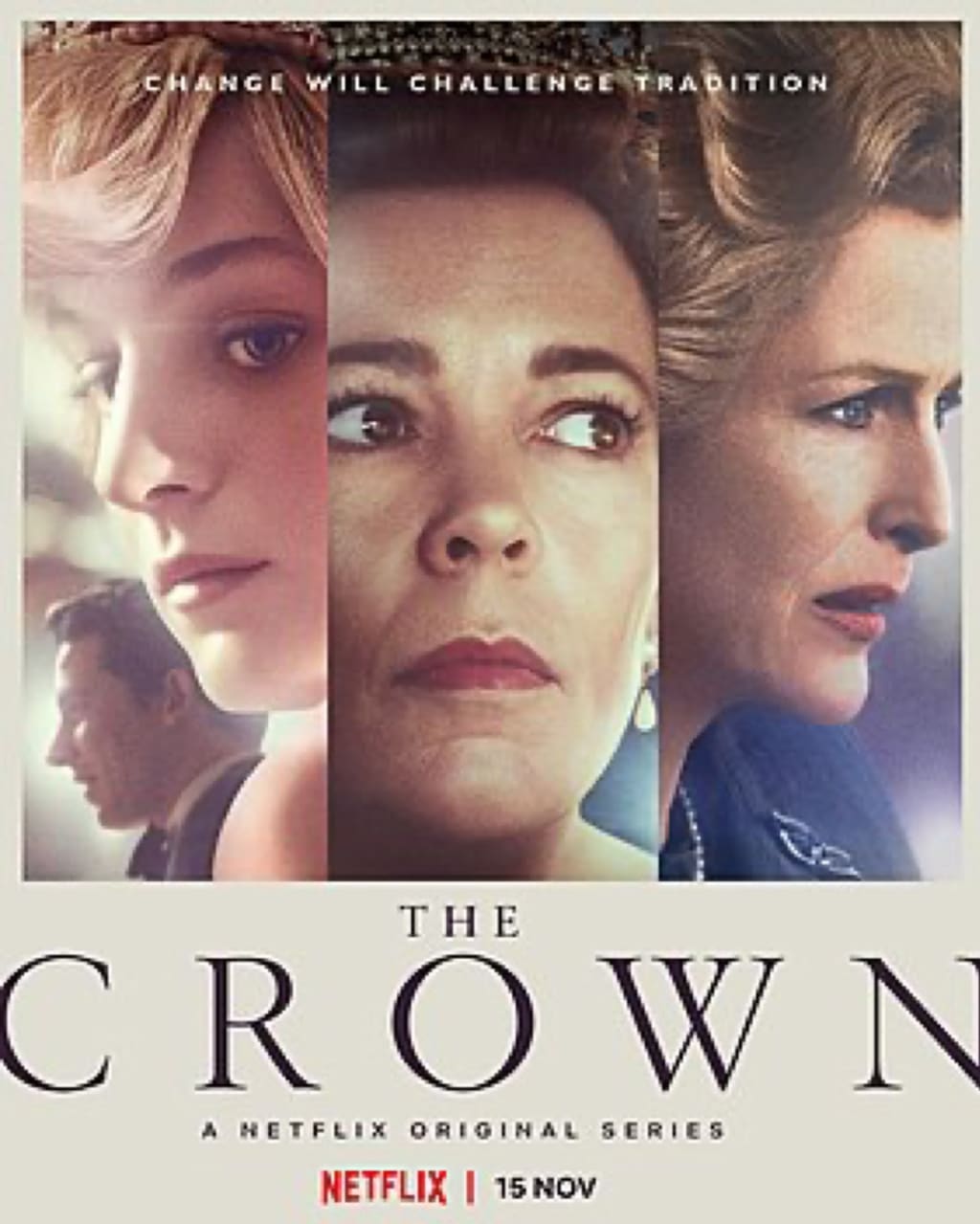
Two weeks ago, The Crown returned to Netflix for its fourth season. The new series covers the years between 1977 and 1990, and inevitably depicts the premiership of Margaret Thatcher, as well as the marriage of Prince Charles to Princess Diana. Olivia Coleman returns for her final outing as Queen Elizabeth before she is superseded by Imelda Staunton. Tobias Menzies, Helena Bonham Carter and Josh O’Connell reprise their respective roles from the previous season. They are joined by Gillian Anderson and Emma Corrin, who play Prime Minister Thatcher and Lady Diana Spencer respectively.
Over the course of its run, The Crown has garnered critical acclaim for its lavish cinematography, powerful performances and its overall production. It has been described by various critics as “fascinating and gorgeous”, “one of the most beautiful dramas on television”, and Netflix’s “crowning achievement”. The new season has been as equally well-received by critics. In The Evening Standard, Kate Rosseinsky praises the episode as “dizzyingly beautiful and staggering in scope”, and highlights the performances of Anderson and Corrin. Shirley Li of The Atlantic says the new series is “sharper than ever”, whilst Rebecca Nicholson from The Guardian describes it as “the best series so far of the royal drama”. Critics on review aggregation websites like Metacritic and Rotten Tomatoes are as equally enthusiastic, giving the series approval ratings of 85% and 97% respectively. With award season looming, The Crown is inevitably going to be recognised for its fantastic fourth season.
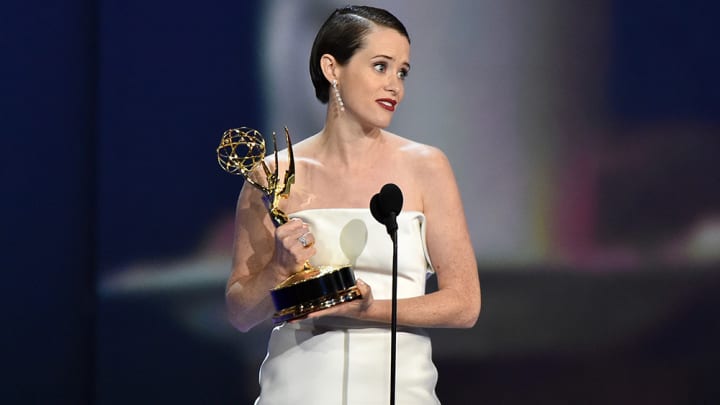
Even those lambasting the new season praise the production value of The Crown. I think there is no denying it is a magnificent piece of television. The royal biographer Sally Bedell Smith articulates the criticism the best. She states that, “because The Crown is such a lavish and expensive production, so beautifully acted and cleverly written, and so much attention has been paid to visual details about historical events, viewers are tricked into believing that what they are actually seeing happened”, concluding that “while the earlier seasons were period pieces, this is recent history, so it seems [crueller] in its false depictions.”
The portrayal of Margaret Thatcher has drawn the ire of some Conservative MPs, perhaps unsurprisingly given that she remains such a beloved, popular figure among the British right. Andrew Bridgen, the MP for North West Leicestershire, claims The Crown has painted a twisted and inaccurate picture of Margaret Thatcher and her premiership. He is also upset by the hit show's false claims that her decision to go to war with Argentina over the Falkland Islands was clouded by the disappearance of her son in the January. It would appear that in addition to being a Member of Parliament, he is a part-time film and television critic as he also had harsh words to say about Sir David Hare’s Roadkill. Lord Forsyth, a former Secretary State for Scotland, was incensed. During questions in the House of Lords, he asked “what action does the Government propose to take to ensure that Netflix is regulated by Ofcom and is not free to present poisonous and mendacious material as fact?”
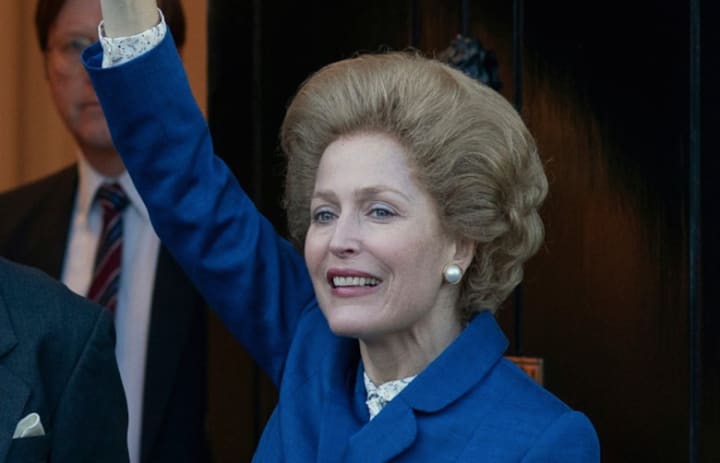
The main focus of the criticism, however, seems to be focused on the portrayal of Prince Charles and Princess Diana’s relationship. Royal biographer Penny Junor criticised the season as portraying the British royal family as "villains". Other journalists and newspapers have been even more vociferous in their outrage. The Mail on Sunday dismissed the new season as “dangerous fiction”, and “dramatic invention by Left-wing persons who do not in fact much like the institution or the family they pretend to portray.” Simon Jenkins wrote two articles about the new season. In The Guardian he repudiates the veracity of the series, dismissing it as “fake history”, “reality hijacked as propaganda, and a cowardly abuse of artistic licence” which has fabricated history to suit its own perceived narrative. Whilst in The Mail on Sunday he asserts that “The Crown’s creator (Peter Morgan) loathes the Royal Family” and warns that he is playing with fire by titillating the British public with fake history. Rosemary Goring believes, “The Crown is changing history to portray the Windsor’s as gargoyles.”
This onslaught has waged on for the past two weeks and culminated in the Culture Secretary, Oliver Dowden, writing to Netflix politely requesting ‘health warning’ before each episode to inform viewers that the drama is a work of fiction. This is, quite frankly, a ludicrous intervention given that we are in the midst of a global pandemic which has left 62,000 Britons dead and the creative industry in tatters. With theatres, cinemas, and live music venues are teetering on the brink of commercial oblivion and film and television production grounded to a halt. With employment across all creative occupations down by 15% and with as many as 55,000 out of work. You would have thought that the Culture Secretary might have more important priorities.

I find it rather amusing that many of these newspapers and columnists are the same people who have been bemoaning for the past 4 years about “sour remainers” and the “metropolitan, liberal elite” patronising people who voted to leave the European Union and speaking to them as if they are idiots. Yet they are now saying that the exact same people that they purportedly wish to defend cannot tell the difference between a drama and a documentary. It stars a former Doctor Who and Sophie from Peep Show for heaven’s sake. I think the British public are perfectly aware what they are watching is not entirely accurate. Recent research from FocalData validates this. A poll of 1,023 viewers found that 35% said their impression of the Royal Family had improved since the new season became available to stream on Netflix, while 42% said their opinion had not changed. If Peter Morgan was attempting to rewrite history to portray the Royal Family as villains and “gargoyles”, then he is clearly failing. Audiences do not mindlessly absorb everything they see at face value. They are more than capable of understanding fiction and discerning what is real and what is not. With advancements in technology and the internet, it has made it even easier for the public to do their own research and work out the truth for themselves. There are numerous online resources and websites where historians discuss and identify historical inaccuracies within films and television programmes.
When watching The Crown there were things that left me confused, or things that I found surprising, so I went on the internet using my phone or laptop to find out whether they were true or not. There is a myriad of information. Royal historian Hugo Vickers has done a remarkable job of noting all of the inaccuracies throughout the different seasons. In the first season, Vickers insists that Princess Margaret did not act as monarch whilst her sister was away on tour, and that her speech at the ambassador’s reception never happened. The relationship between Queen Elizabeth and Jackie Kennedy, as portrayed during the second season, also drew criticism, with many historians ridiculing the notion that Queen Elizabeth visited Ghana to compete with the First Lady’s popularity. The new season has similar problems, with Vickers finding eight historical inaccuracies in the first episode alone.
Similarly, the writers, directors, producers and actors do interviews to promote their new movie or television series. The public can read through or listen to these interviews to understand why they did certain things. For instance, show creator Peter Morgan explained in The Crown’s official podcast why he included a scene involving a letter between Lord Mountbatten and Prince Charles, even though there is no record of such a letter in real-life ever existed. Similarly, they can research the writers background to try and determine their motives. The British public do not need disclaimers to tell whether something is true or not, they can work it out for themselves.
The debate surrounding film and historical accuracy is an interesting one, and one that happens fairly regularly, with numerous films being criticised for their lack of historical authenticity. Every time a movie based on a historical period or event is released there is some controversy. Green Book, a movie that went on to controversially win Best Picture at the 2019 Academy Awards, was described as a “symphony of lies” by the brother of the real-life character. In the same year, Simon Schama reprimanded Mary Queen of Scots for the fictional encounter between Elizabeth I and her cousin Mary. “The whole drama of Elizabeth and Mary lay in the fact they never did meet – movie has copped out on that.” In her book History Goes to the Movies: Studying History on Film, film scholar Marnie Hughes-Warrington recounts the frustration of historian Natalie Zemon Davies on trying to work with film-makers. She complained that “aspects of the story were compressed, altered or even left out”.
The simple truth is film can only go so far towards creating an accurate portrayal of the past. The film-makers face certain limitations, including budget and time. And, with all due respect, film-makers are not there to educate their audiences, they are there to entertain them. In order to tell a compelling story, some liberties may have to be taken. For instance, an example from the third season of The Crown concerns Prince Phillips mother. In the episode “Bubbakins”, his mother, Princess Alice, gives an in-depth interview to a journalist working for The Guardian. This interview never happened. But this scene allows the show to delve into her fascinating story more deeply than a more historically accurate chronology would have allowed. Another example is the beloved The Sound of Music is based on a real-life story. It is however full of historical inaccuracies, especially towards the end of the movie. One historian pointed out that if the Von Trapp family had indeed fled over the Alps, then they would have in fact ended up in Nazi Germany – which is the very last place they would have wanted to go. This was however done to give the film a joyous and beautiful ending. I also suspect, that they did not go around dancing and singing all the time, but I have to admit, I have no historical evidence to support this claim.
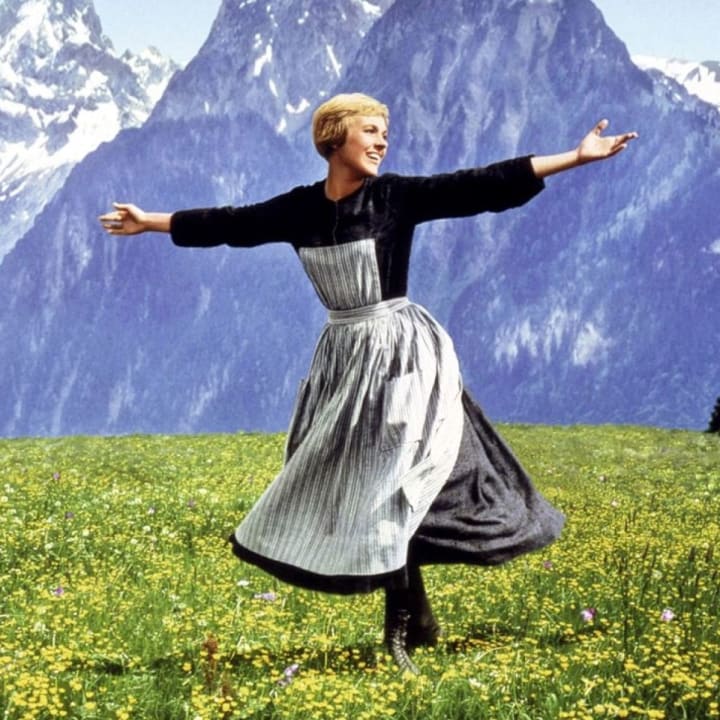
Alterations and inventions are also necessary to allow filmmakers to speak to a broader truth, and address an important contemporary take. For instance, the emotional meeting between the two monarchs in Mary Queen of Scots, in which Mary pleads for the two to stop fighting and unite, never happened. This scene was concocted to emphasise the ways in which men and the institutions they belong to control the lives of women. When filmmakers make these changes, they are often accused of “changing history”. They are not. They are telling a story.
I think what is quite alarming is that the Government are beginning to interfere. First with the Culture Secretary’s letter to Netflix. Some countries have attempted to enforce legal limits on how filmmakers treat history. In India, for example, the Indian Central Board of Film Certification, has considered screening historical films to selected historians, with permission for them to censor accordingly. This is a clear imposition of the freedom of speech and expression. In China, films are expected to promote “core socialist values”, and are checked by censors’ multiple times during the filmmaking process, from the script stage to pre-release. Licenses can be pulled or revoked with little warning. For instance, last year the Huayi Brothers' highly anticipated 2019 summer blockbuster, The Eight Hundred, was pulled just days before its scheduled release. The reason for its cancellation was never fully explained. The film was to be set during the 1937 Battle of Shanghai, and its cancellation was very likely due its focus on Nationalist soldiers fighting the Japanese invaders.
My question to all those who think Netflix should put a disclaimer before The Crown, or think the government should do more to punish Netflix, by defending our constitutional monarchy so vehemently do you really want to be more like Communist China?

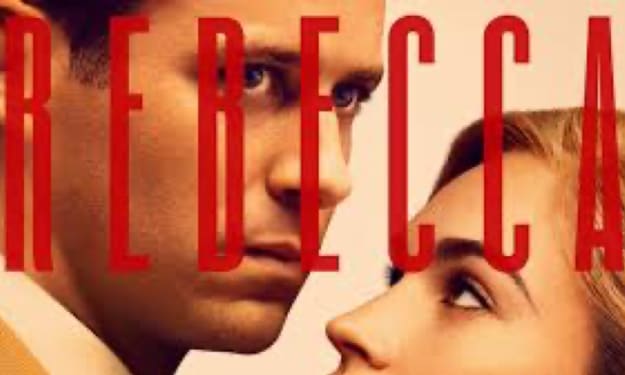

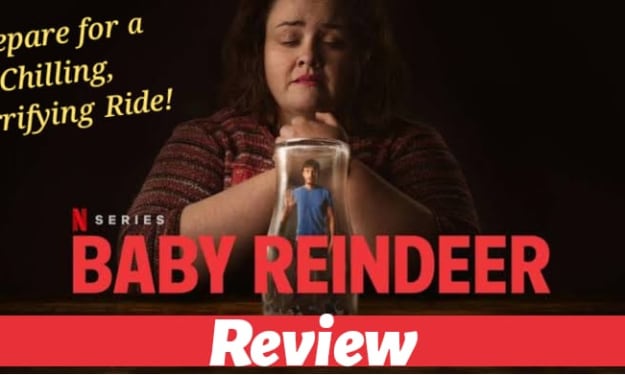

Comments
There are no comments for this story
Be the first to respond and start the conversation.